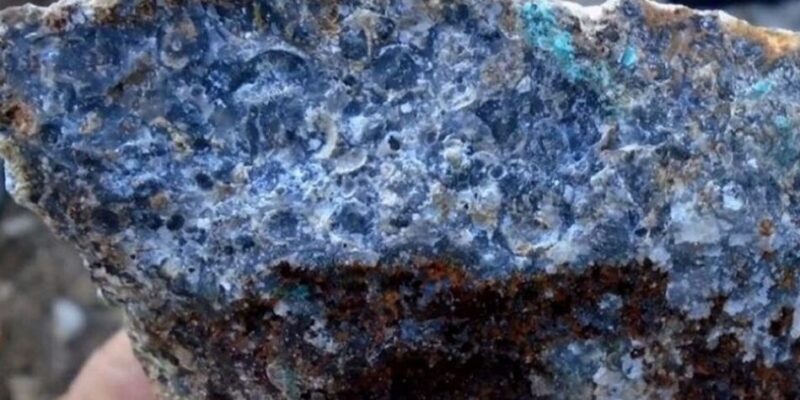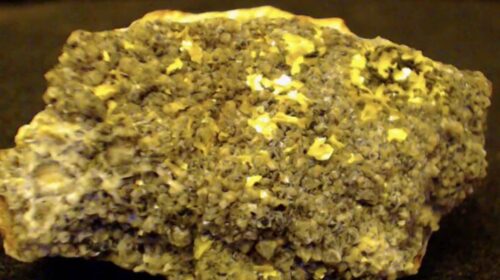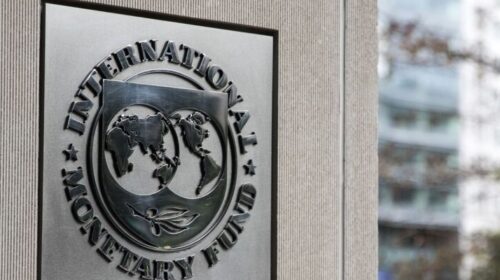Five Mineral Markets to Watch in 2024
With a focus on sustainable and equitable extraction, COP28 highlighted the pivotal role of critical minerals in securing clean energy supplies and transition value chains.
In line with these advancements – which sees global demand more than doubling by 2030 – mineral-rich African countries are strengthening their regulatory frameworks and introducing new incentives to attract mining-focused investments.
The second edition of the Critical Minerals Africa summit – slated for October 2024 – will showcase these markets and their role in global supply-demand dynamics over the next decade. Below are the top five mineral markets in Africa to watch.
South Africa
Already a leading coal, platinum group metals (PGMs), diamond, iron ore and gold producer, South Africa represents a strategic market due to its abundance of mineral reserves.
The country holds 88% of PGM, 80% of manganese and 72% of chrome ore resources globally, along with untapped potential for rare earth elements (REEs). Its Exploration Strategy for the Mining Industry outlines plans to attract new investment, foster mineral development and streamline regulatory processes.
To boost exploration, industry leaders have proposed tax incentives similar to those in place in Canada and Australia, emphasizing the need to increase exploration expenditure and enhance the mining sector’s contribution to GDP.
Ivory Coast
Ivory Coast, boasting the largest share of green minerals in West Africa and significant gold mining prospects, is becoming a prime destination for mining firms.
The country features substantial untapped mineral wealth, including gold, iron ore, nickel, manganese, bauxite and lithium resources.
Underpinning this potential is the government’s focus on mining code reforms, which prioritize local content, small-scale mining activities and strategic mineral research.
With a dedicated ministry overseeing sector growth, Ivory Coast has witnessed a surge in new exploration permits and mining licenses.
The country’s staggering GDP growth – averaging over seven percent annually – coupled with well-developed infrastructure, make it a compelling destination for mining investment in the region.
Botswana
Botswana is in the midst of diversifying its mining sector beyond diamond extraction to leverage growing demand for critical minerals.
The country possesses commercial deposits of nickel, copper, cobalt, PGMs, manganese and graphite – all crucial for the manufacturing of electric batteries.
The 2022 Botswana Minerals Policy aims to promote the exploration of diverse minerals and foster a more competitive landscape for private sector participation in mineral development.
The country’s corporate tax structure, along with additional incentives for manufacturing and financial services companies, serves to facilitate partnership and investment opportunities across the entire mineral value chain.
Namibia
Namibia’s mineral-rich landscape, encompassing copper, lithium, nickel, cobalt, and REEs, is gaining prominence in global markets.
Bolstered by strategic agreements with the European Union and Japan, Namibia is actively exploring and developing its rare earth minerals for the production of green and sustainable energy technologies.
The government’s current mining policy – which offers tax incentives, streamlines licensing processes and enables foreign ownership flexibility – further cements Namibia’s appeal as an emerging mining market.
Furthermore, the country’s ban on the export of unprocessed lithium and other critical minerals underscores its commitment to in-country beneficiation and value addition.
Tanzania
Tanzania has been positioned as the premier minerals market in the East African region, boasting abundant reserves of lithium, cobalt, nickel and REEs.
Recent agreements with Australian firms, valued at $667 million, underscore the country’s commitment to fast-tracking new mining development.
The government has been resolute in its efforts to promote responsible mining practices, environmental safeguards, regulatory compliance and in-country value addition.
Tanzania’s investor-friendly climate, geostrategic location and vast natural resources make it an attractive proposition for those eyeing opportunities in green energy and transition minerals sectors.
121 total views , 1 views today





